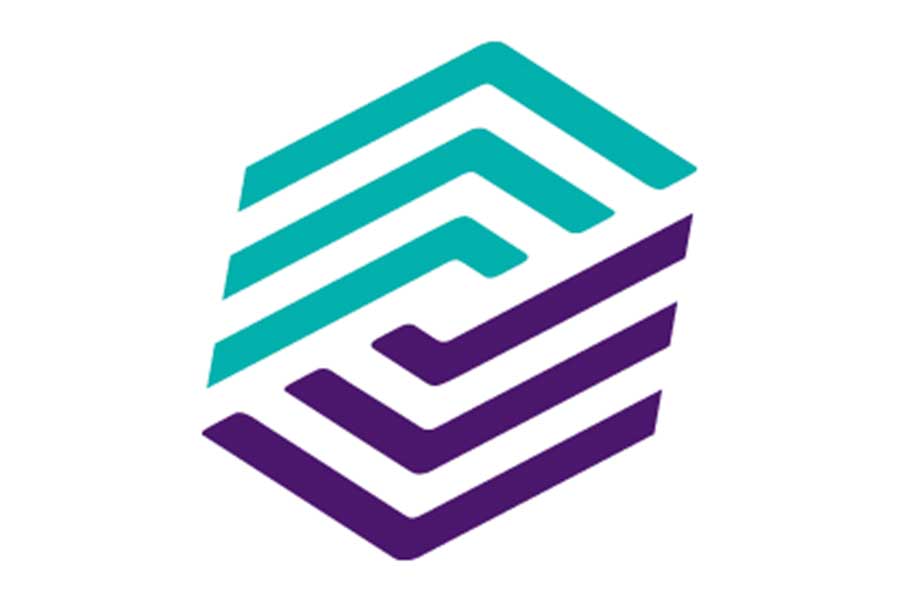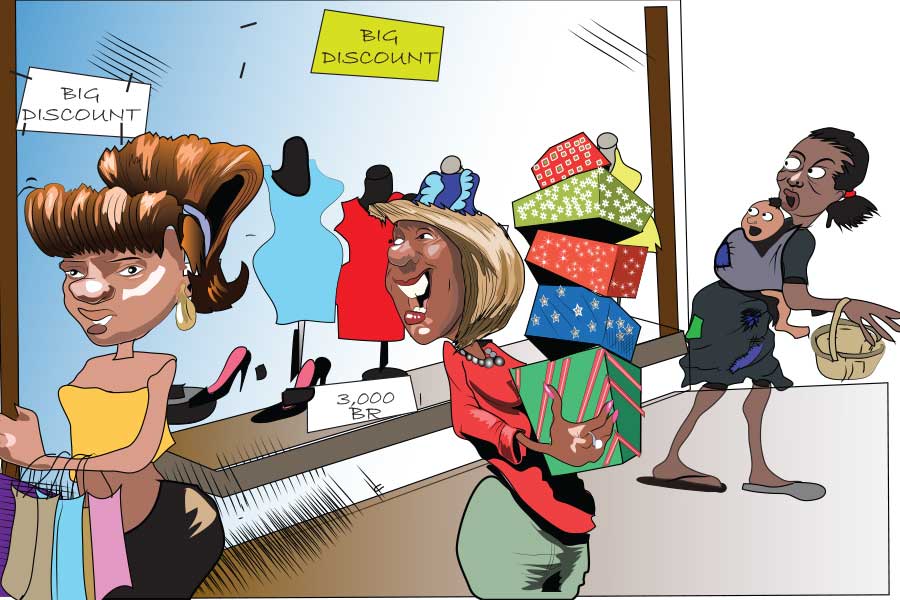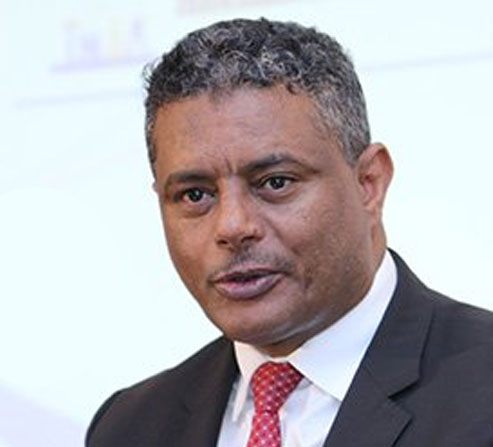
Radar | Nov 12,2022
Jul 13 , 2020
By Joseph S. Nye, Jr.
If Joe Biden defeats Donald Trump in November, the question he will face is not whether to restore the liberal international order. It is whether the US can work with an inner core of allies to promote democracy and human rights while cooperating with a broader set of states to manage the rules-based international institutions needed to face transnational threats, writes Joseph S. Nye, Jr., professor at Harvard University and the author of "Is the American Century Over?" and "Do Morals Matter? Presidents and Foreign Policy from FDR to Trump."
Critics correctly point out that the American order after 1945 was neither global nor always very liberal. It left out more than half the world (the Soviet bloc and China) and included many authoritarian states. American hegemony was always exaggerated. Nonetheless, the most powerful country must lead in creating global public goods, or they will not be provided - and Americans will suffer.
The current pandemic is a case in point. A realistic goal for a Joe Biden administration should be to establish rules-based international institutions with different membership for different issues.
Would China and Russia agree to participate?
During the 1990s and 2000s, neither could balance American power, and the United States overrode sovereignty in pursuit of liberal values. The US bombed Serbia and invaded Iraq without approval by the United Nations Security Council. It also supported a UN General Assembly resolution in 2005 that established a “Responsibility to Protect” citizens brutalised by their own governments - a doctrine it then used in 2011 to justify bombing Libya to protect the citizens of Benghazi.
Critics describe this record as post-Cold War American hubris - Russia and China felt deceived, for example, when the NATO-led intervention in Libya resulted in regime change - whereas defenders portray it as the natural evolution of international humanitarian law. In any case, the growth of Chinese and Russian power has set stricter limits to liberal interventionism.
What is left?
Russia and China stress the norm of sovereignty in the UN Charter, according to which states can go to war only for self-defense or with Security Council approval. Taking a neighbour’s territory by force has been rare since 1945 and has led to costly sanctions when it has happened (as with Russia’s annexation of Crimea in 2014). In addition, the Security Council has often authorised the deployment of peacekeeping forces in troubled countries, and political cooperation has limited the proliferation of weapons of mass destruction and ballistic missiles. This dimension of a rules-based order remains crucial.
As for economic relations, the rules will require revision. Well before the pandemic, China’s hybrid state capitalism underpinned an unfair mercantilist model that distorted the functioning of the World Trade Organisation (WTO). The result will be a decoupling of global supply chains, particularly where national security is at stake. Although China complains when the US prevents companies like Huawei from building 5G telecommunications networks in the West, this position is consistent with sovereignty. After all, China prevents Google, Facebook and Twitter from operating in China for security reasons.
Negotiating new trade rules can help prevent the decoupling from escalating. At the same time, cooperation in the crucial financial domain remains strong, despite the current crisis. By contrast, ecological interdependence poses an insurmountable obstacle to sovereignty, because the threats are transnational. Regardless of setbacks for economic globalisation, environmental globalisation will continue, because it obeys the laws of biology and physics, not the logic of contemporary geopolitics.
Such issues threaten everyone, but no country can manage them alone. On issues like COVID-19 and climate change, power has a positive-sum dimension. In this context, it is not enough to think of exercising power over others. We must also think in terms of exercising power with others. The Paris climate agreement and the WTO help us as well as others. Since Richard Nixon and Mao Zedong met in 1972, China and the US have cooperated despite ideological differences.
The difficult question for Biden will be whether the US and China can cooperate in producing global public goods while competing in the traditional areas of great power rivalry. Cyberspace is an important new issue - partly transnational, but also subject to sovereign government controls. The Internet is already partly fragmented. Norms regarding free speech and privacy on the internet can be developed among an inner circle of democracies, but will not be observed by authoritarian states.
As suggested by the Global Commission on the Stability of Cyberspace, some rules barring tampering with the internet’s basic structure are also in authoritarians’ interests if they want connectivity. But when they use proxies for information warfare or to interfere in elections, which violates sovereignty, norms will have to be reinforced by rules such as those the US and the Soviet Union negotiated during the Cold War, despite ideological hostility, to limit the escalation of incidents at sea. The US and like-minded states will have to announce the norms they intend to uphold, and deterrence will be necessary.
Insistence on liberal values in cyberspace would not mean unilateral US disarmament. Rather, the US should distinguish between the permitted soft power of open persuasion and the hard power of covert information warfare, in which case it would retaliate. Overt programmes and broadcasts by Russia and China would be allowed, but that would not be true for covert coordinated behavior such as manipulation of social media. And the US would continue to criticise these countries’ human rights records.
Polls show that the US public wants to avoid military interventions but not to withdraw from alliances or multilateral cooperation. And the public still cares about values. If Biden is elected, the question he will face is not whether to restore the liberal international order. It is whether the US can work with an inner core of allies to promote democracy and human rights while cooperating with a broader set of states to manage the rules-based international institutions needed to face transnational threats such as climate change, pandemics, cyber-attacks, terrorism and economic instability.
PUBLISHED ON
Jul 13,2020 [ VOL
21 , NO
1055]


Radar | Nov 12,2022

Radar | Sep 22,2024

Life Matters | Jan 15,2022

Editorial | Mar 19,2022

Films Review | Jul 06,2019

Editorial | Aug 17,2019

Editorial | Jul 18,2021

Radar | Jun 26,2021

View From Arada | Dec 29,2018

My Opinion | Jan 09,2021

Photo Gallery | 175657 Views | May 06,2019

Photo Gallery | 165877 Views | Apr 26,2019

Photo Gallery | 156259 Views | Oct 06,2021

My Opinion | 136838 Views | Aug 14,2021

Dec 22 , 2024 . By TIZITA SHEWAFERAW
Charged with transforming colossal state-owned enterprises into modern and competitiv...

Aug 18 , 2024 . By AKSAH ITALO
Although predictable Yonas Zerihun's job in the ride-hailing service is not immune to...

Jul 28 , 2024 . By TIZITA SHEWAFERAW
Unhabitual, perhaps too many, Samuel Gebreyohannes, 38, used to occasionally enjoy a couple of beers at breakfast. However, he recently swit...

Jul 13 , 2024 . By AKSAH ITALO
Investors who rely on tractors, trucks, and field vehicles for commuting, transporting commodities, and f...

Oct 18 , 2025
The political establishment, notably the ruling party and its top brass, has become p...

Oct 11 , 2025
Ladislas Farago, a roving Associated Press (AP) correspondent, arrived in Ethiopia in...

Oct 4 , 2025
Eyob Tekalegn (PhD) had been in the Governor's chair for only weeks when, on Septembe...

Sep 27 , 2025
Four years into an experiment with “shock therapy” in education, the national moo...

Oct 18 , 2025 . By NAHOM AYELE
In a sweeping reform that upends nearly a decade of uniform health insurance contribu...

A bill that could transform the nutritional state sits in a limbo, even as the countr...

Oct 18 , 2025 . By SURAFEL MULUGETA
A long-planned directive to curb carbon emissions from fossil-fuel-powered vehicles h...

Oct 18 , 2025 . By BEZAWIT HULUAGER
Transaction advisors working with companies that hold over a quarter of a billion Bir...